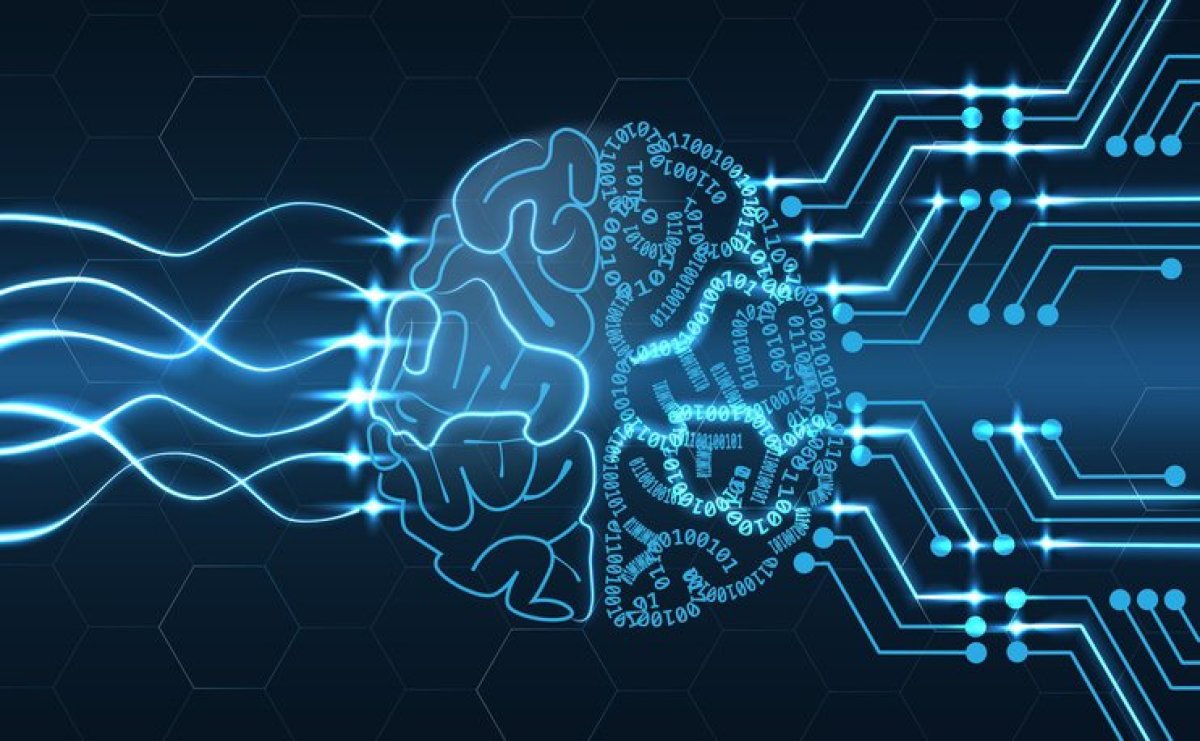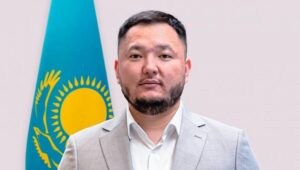ASTANA — Based on best world practices, the Kazakh Ministry of Digital Development, Innovation and Aerospace Industry and the Mazhilis, the lower house of the Kazakh Parliament, developed a draft law on artificial intelligence (AI) at a July 16 government meeting chaired by Prime Minister Olzhas Bektenov, reported the Prime Minister’s press service.

Photo credit: ortcom.kz
This draft law follows the instruction of President Kassym-Jomart Tokayev, who emphasized the efficient use of artificial intelligence in various sectors such as security, medicine, banking services, logistics, and education.
Tokayev highlighted the need for comprehensive government support during the Day of Science Workers, stating, “In Kazakhstan, artificial intelligence is efficiently used in security, medicine, banking services, logistics, and education. At the same time, for the successful development of the industry, comprehensive government support is required. We need to create an ecosystem that provides shared access to data and technology infrastructure.”
Draft Law Emphasizes Ethical Standards and State Regulation

Gizzat Baitursynov has been appointed as Chair of the newly created AI and Innovation Development Committee. Photo credit: Government of the Republic of Kazakhstan
Minister Zhaslan Madiyev outlined that the draft law includes adopting ethical standards, state regulation, establishing a legal regime for AI objects, classifying AI objects, and measures for state support and standardization in AI.
The government has also adopted a Concept for AI Development for 2024-2029, which aims to build an AI ecosystem, create a favorable climate for AI development, and enhance economic sectors using AI.
The concept includes installing a supercomputer in Kazakhstan, building data processing centers, creating a National AI platform, and developing fiber-optic communication line systems.
National AI Development Concept and Infrastructure Plans
Based on the infrastructure of the Nur-Alem Museum, the government plans to open the Alem.AI National Center for cooperation between the state, science, business, and international partners.
Economists estimate that using AI could increase global GDP by 14% by 2030. Kazakhstan is already taking steps to integrate AI by collecting data from government agencies through Smart Data Ukimet, which connects 93 information databases.
Several educational and acceleration programs are planned to enhance human capital. Currently, 17 universities offer 15 AI-related fields of study, with 2,196 students enrolled in these disciplines.
Educational Initiatives and Technological Innovation
The Ministry of Science and Higher Education is working on creating a modern large language model (LLM) to preserve and develop cultural and linguistic heritage. A consortium of educational organizations has been formed, and specialists have collected around six billion words usage. They are training the LLM model using a supercomputer through cloud solutions.
Bektenov emphasized that AI technologies can automate routine tasks in various sectors, including public administration, natural monopolies in oil and gas, mining, energy, transport, logistics, water supply, and agriculture. He stressed the need to increase the number of AI products by five times by 2029 and enhance educational programs in AI to meet the demand for qualified specialists.
He instructed the implementation of the AI Development Concept, highlighting the importance of using the computing power of the supercomputer for business and academia.
The Ministry of Digital Development, Innovation and Aerospace Industry has set goals until 2029, including training five million people in AI skills, 500,000 industry specialists, creating five Kazakh unicorns, increasing IT exports to $5 billion, and implementing at least 25 AI products annually in economic sectors.
New AI Committee to Drive Policy and Coordination
Meanwhile, Gizzat Baitursynov has been appointed as Chair of the AI and Innovation Development Committee. Established at the ministry in May, the committee is responsible for implementing state policy in AI, developing and implementing legal regulations for AI technologies, intersectoral coordination, approving the composition and rules of the expert council in AI, and coordinating state planning documents for AI development.
Baitursynov graduated from Malaysia’s Asia Pacific University of Technology and Innovation and Kunayev Eurasian Law Academy. He began his professional career as a programmer in a private company. From 2020 to 2023, he held the positions of expert, chief expert, director of management, and deputy director of the Electronics and Digital Asset Industry Development Department of the Ministry of Digital Development, Innovation and Aerospace Industry. Since 2023, he has been serving as the director of this department.
